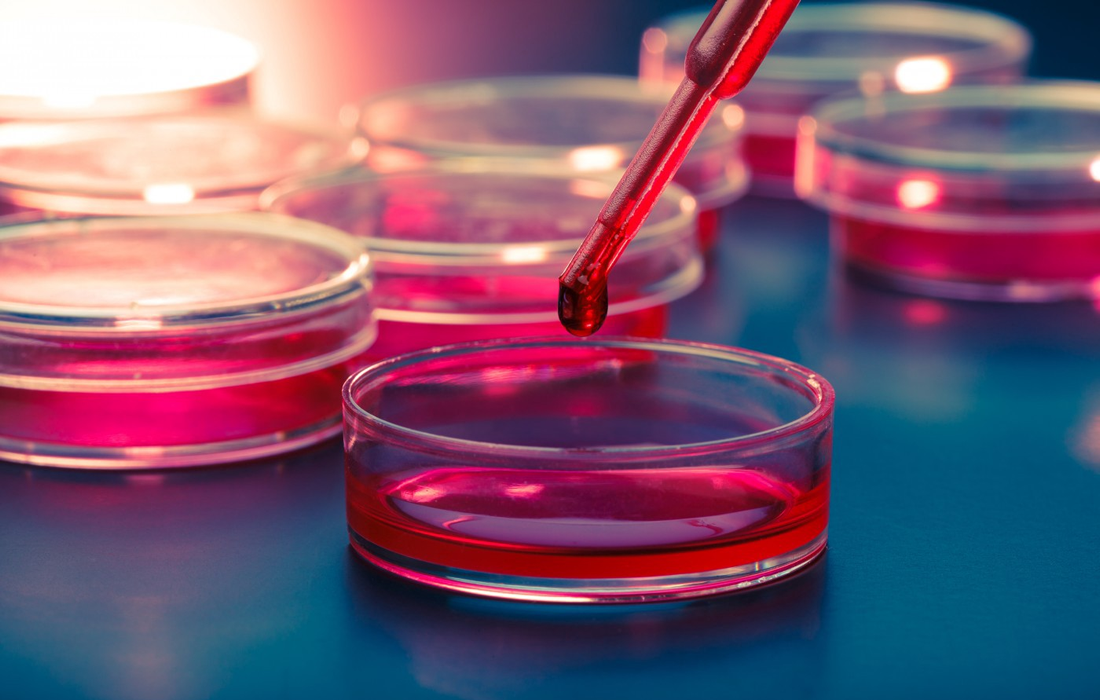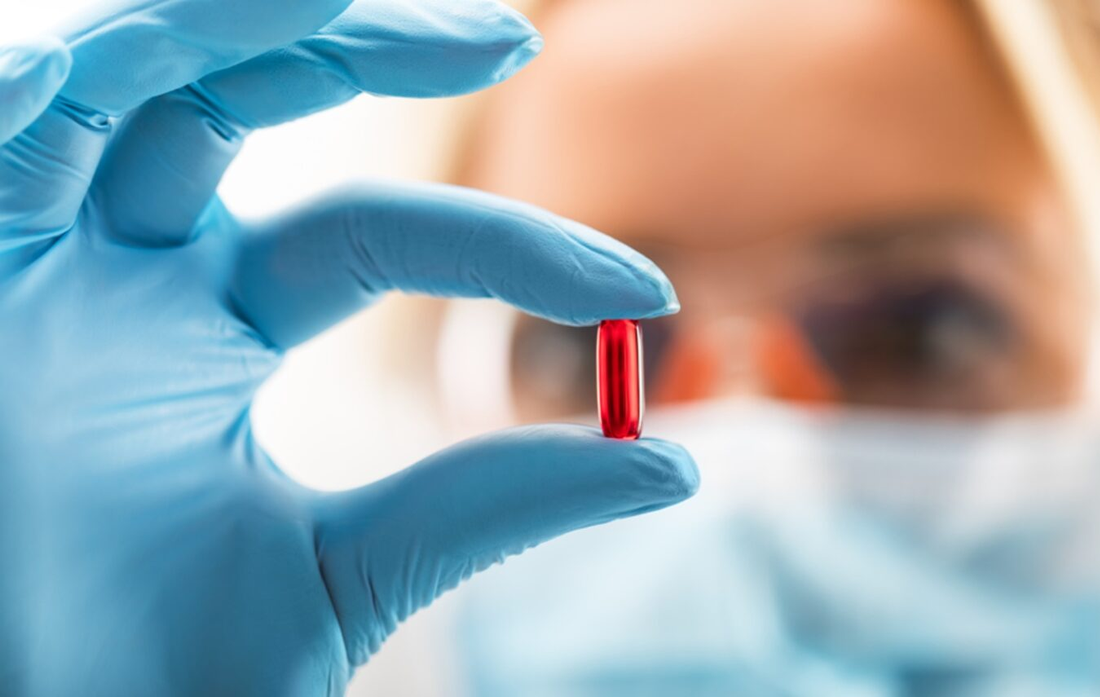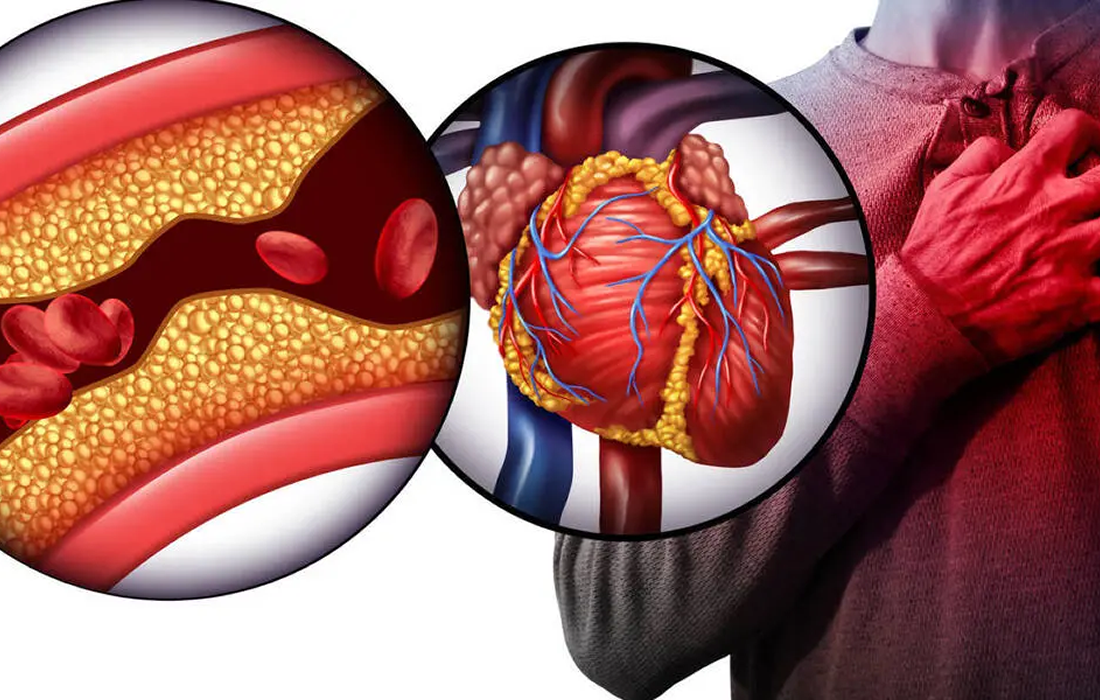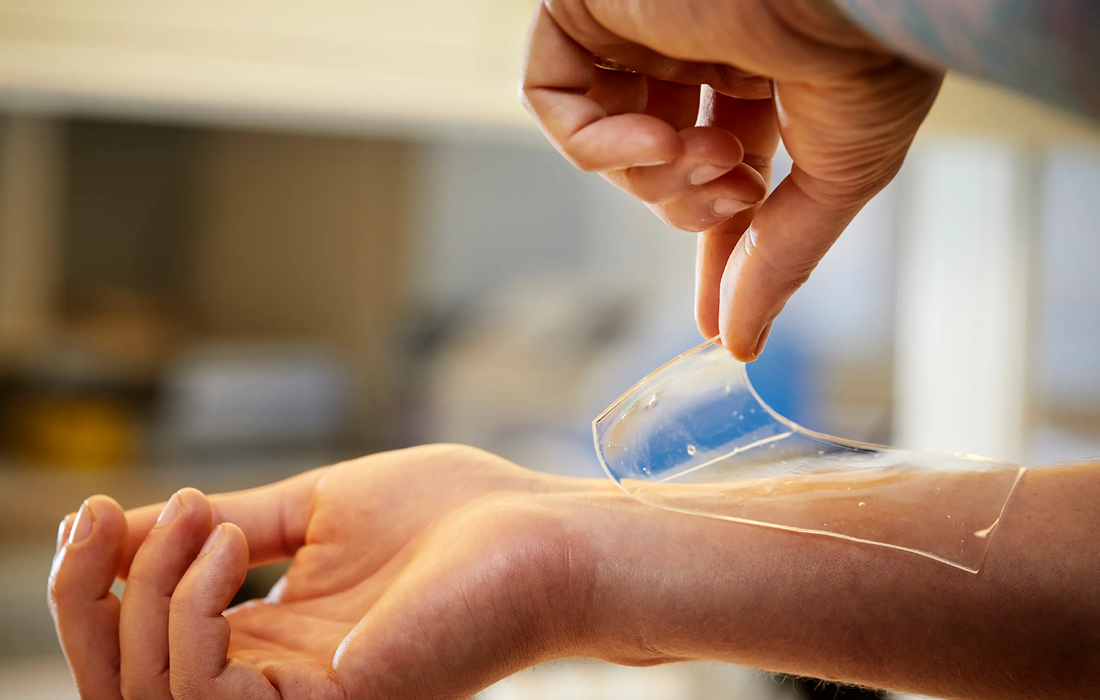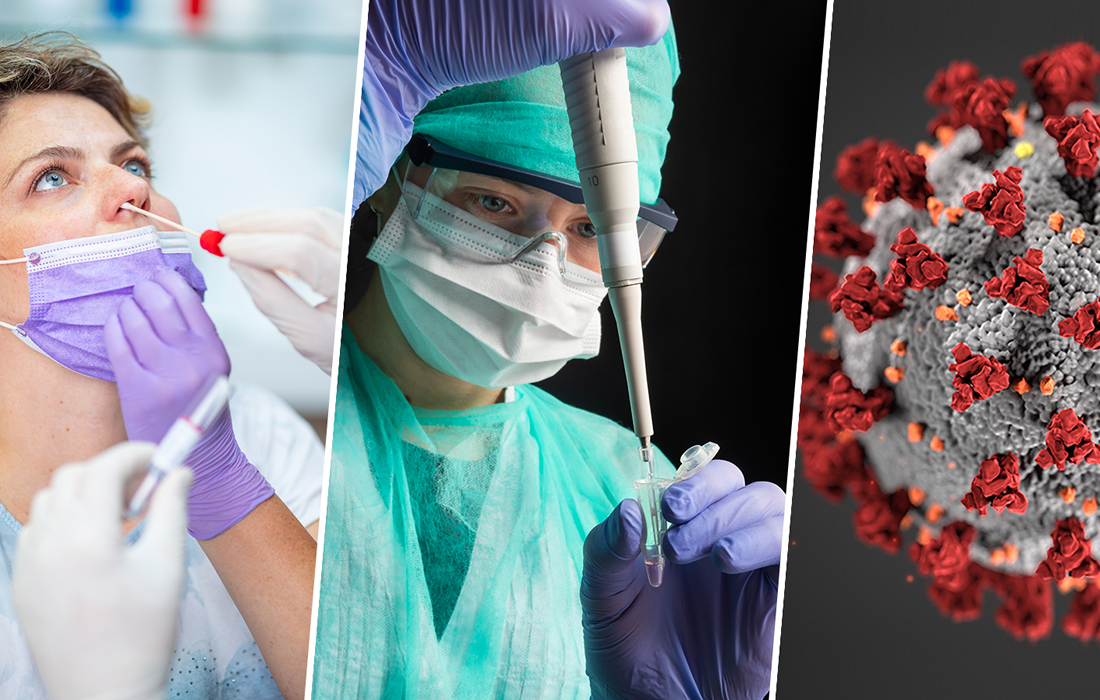Metabolic diseases require the continuous management of eating habits, dietary plans, physical exercise, exposome and other general behaviors including sleep. The number of people with diabetes worldwide is 460 million as of 2019, and it is steadily increasing every year, with approximately 11.3% of deaths worldwide is due to the diabetes-related complications. Diabetes mellitus increases […]
Author Archives: Gabriel Piña, MD
Sleep behaviors are associated with an increased risk of developing metabolic-dysfunction associated fatty liver disease (MAFLD), shows a Chinese analysis that suggests the effect may be independent of obesity. Late bedtimes, snoring, and prolonged daytime napping were significantly associated with MAFLD, increasing the risk by 37%, 59%, and 17%, respectively, whereas people with both poor […]
Adrenal glands , also known as suprarenal glands, are two small organs that sit on top of each kidney. The adrenal glands make different types of hormones you need to stay alive and healthy. Hormones are chemicals that travel in your bloodstream and control how different parts of your body work. The adrenal glands make […]
Maintaining an adequate quantity and quality of skeletal muscle is important for health and functionality across the lifespan given its integral role in the regulation of postprandial glycemia and lipidemia, conversion of chemical energy to mechanical work, and contribution to whole body energy flux. Prolonged periods of sitting are common in many workplace environments and […]
High blood pressure is the main cause of strokes, and a common cause of heart attacks and kidney failure. In most people with the condition, the cause is unknown, and they need life-long treatment through drugs. High blood pressure is one of the most common conditions among adults in the UK, roughly a third of […]
As medicine shifts its focus towards sustainable lifestyle changes to combat disease, diet is often the first criteria to be evaluated since its composition influences the health status of an individual. For example, a Western diet consisting primarily of saturated fats that contribute to the increasing levels of obesity, diabetes, and comorbidities in Western countries. […]
The identification of nitric oxide (NO) as endothelium-derived relaxing factor ushered in the modern era of vascular biology; yet, the medical promise of NO in cardiovascular disease, the most common cause of death in the developed world, remains largely unrealized. While NO bioactivity reduces cardiovascular risk through combined effects on endothelial function, blood pressure, and […]
Hydrogels are polymers that are reinforced by different chemical bonds, and are capable of absorbing water and swelling without breaking down. As a result, biotechnology researchers have often turned to these structures to provide stability and structural support for their cell cultures. Hydrogel capsules have been utilized for over 50 years. There are many different […]
Messenger RNA vaccines encoding for the SARS-CoV-2 spike protein have proven effective at reducing the number of severe cases of COVID-19. However, the emergence of new variants of concern, limited vaccine distribution, and waning immunity remain major problems that highlight the need for more effective therapies against the acute manifestations of COVID-19. Such therapies, in […]
Posttraumatic stress disorder (PTSD) is a syndrome resulting from exposure to real or threatened serious injury or sexual assault. The signs and symptoms of PTSD appear to arise from complex interactions of psychological and neurobiological factors. Studies have found alterations in the amygdala, prefrontal cortex, hippocampus, and anterior cingulate, and corpus callosum as well as […]



